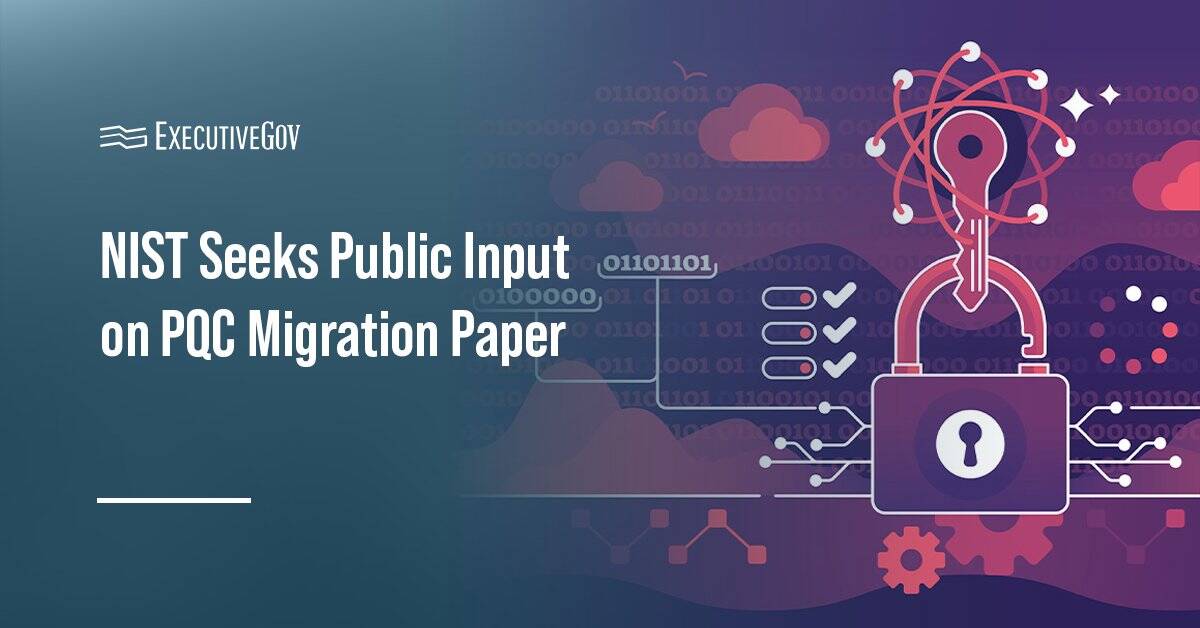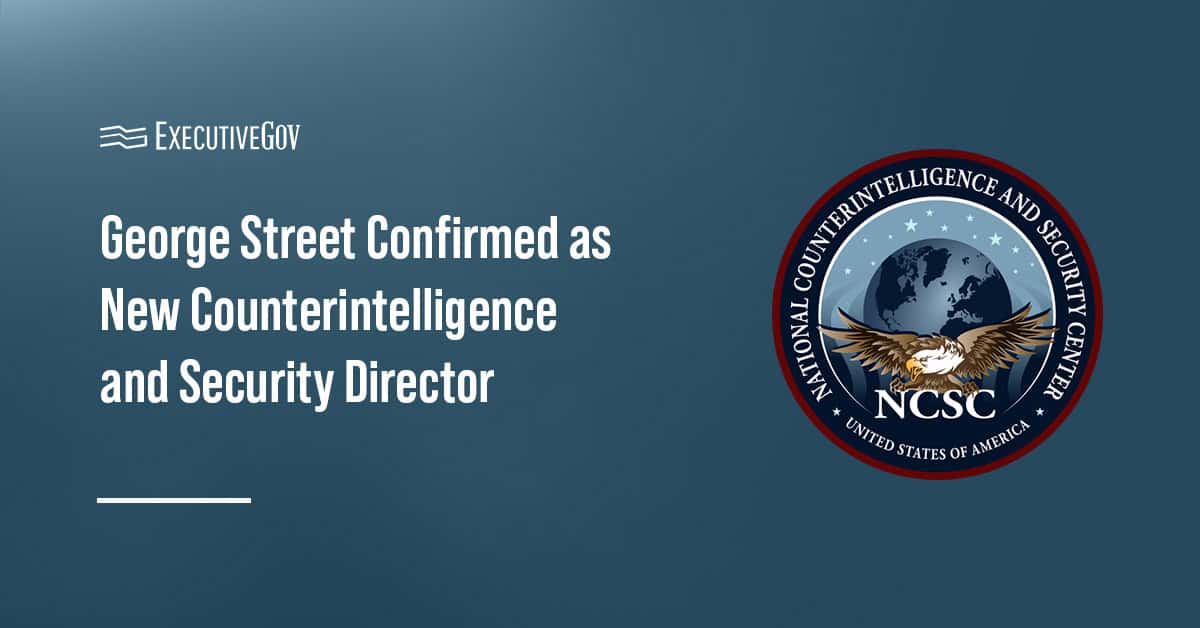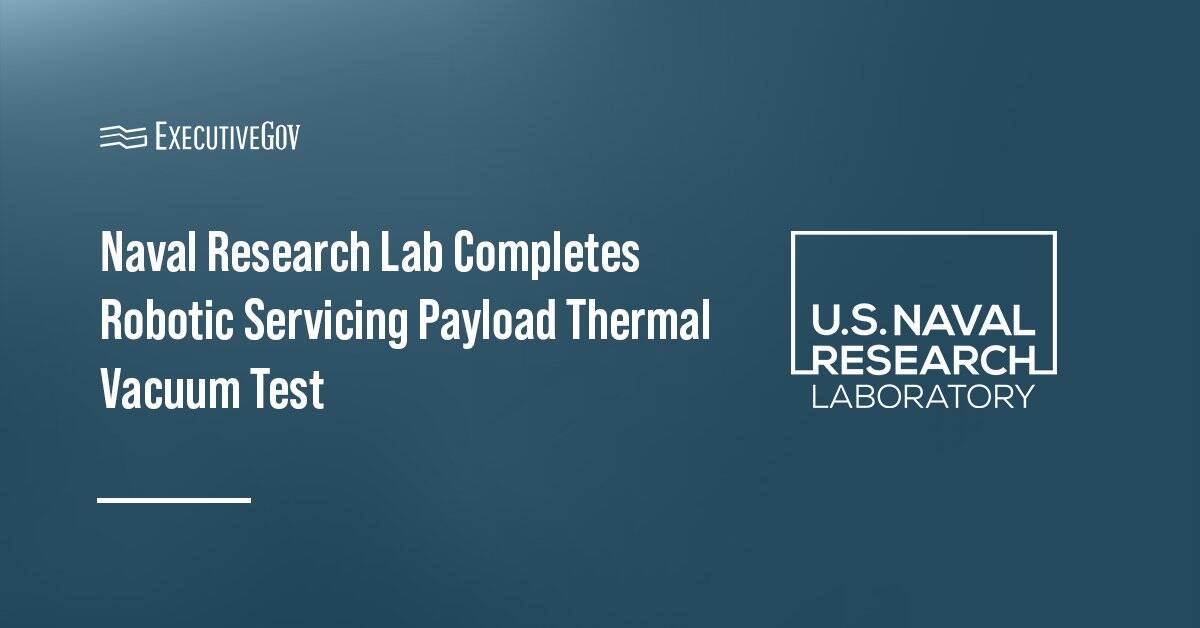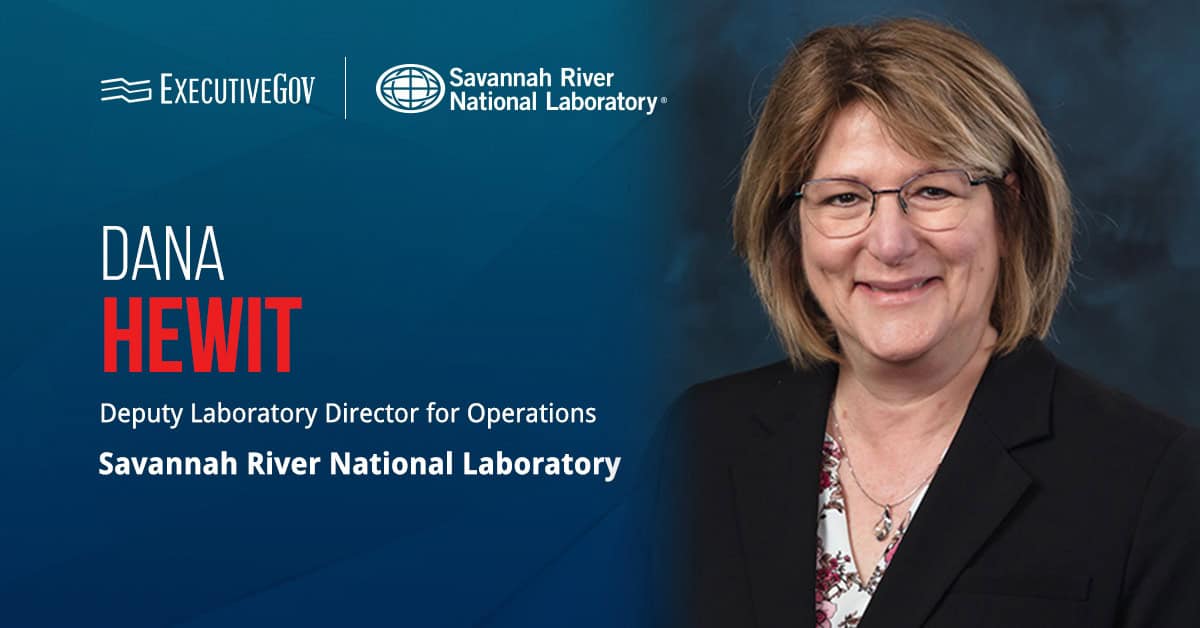The National Institute of Science and Technology’s National Cybersecurity Center of Excellence, or NCCoE, is soliciting public comments on a draft white paper that seeks to guide organizations in preparing for post-quantum cryptography, or PQC, migration.
NCCoE said Thursday comments on the draft NIST Cybersecurity White Paper 48, Mappings of Migration to PQC Project Capabilities to Risk Framework Documents are due Oct. 20.
Aligning PQC Migration With NIST CSF 2.0, SP 800-53
According to NCCoE, the draft seeks to map capabilities demonstrated in its Migration to PQC project to security controls and objectives outlined in two NIST documents: NIST Cybersecurity Framework 2.0, or CSF 2.0, and Security and Privacy Controls for Information Systems and Organizations, or SP 800-53.
NIST CSF 2.0 is a widely adopted framework that aims to help organizations manage and reduce cybersecurity risks.
SP 800-53 is a comprehensive catalog of security controls that seeks to help organizations protect their information systems.
NCCoE noted that the white paper seeks to help organizations align their PQC migration initiatives with established security outcomes and determine security objectives and controls needed to advance PQC migration implementation.














